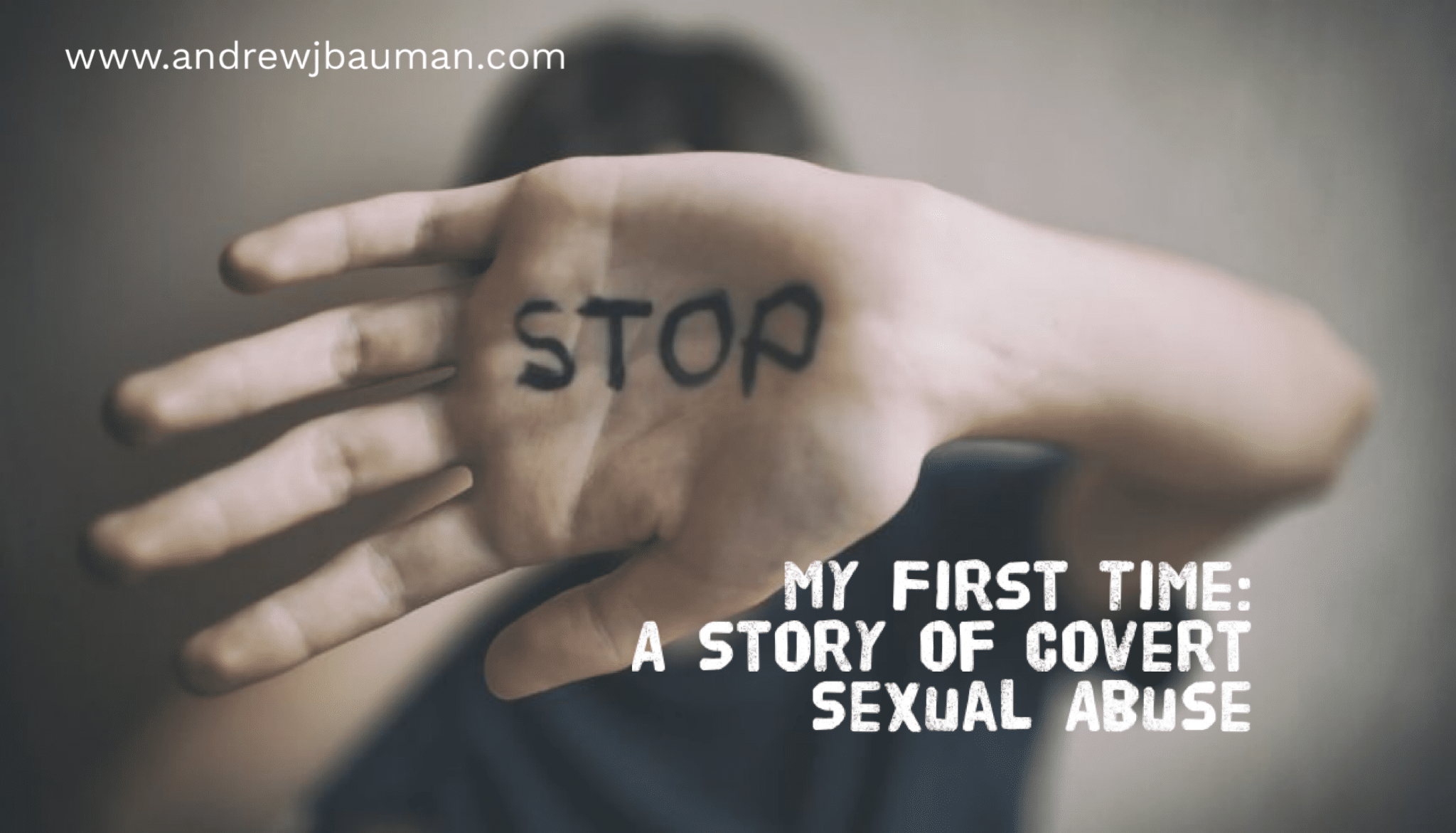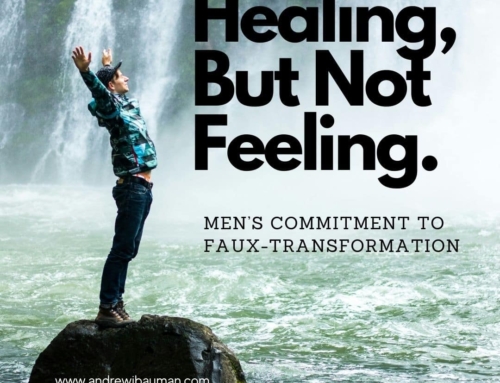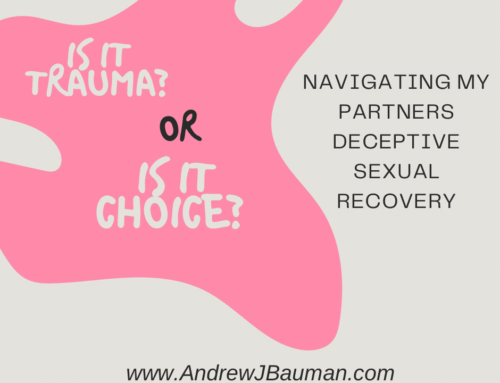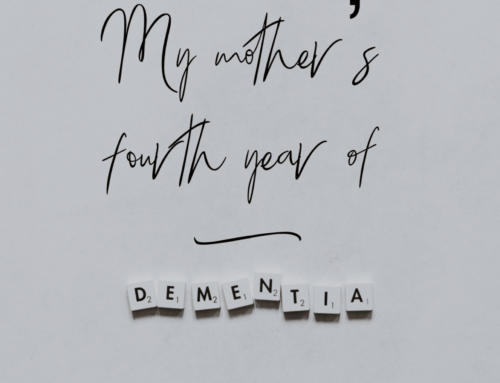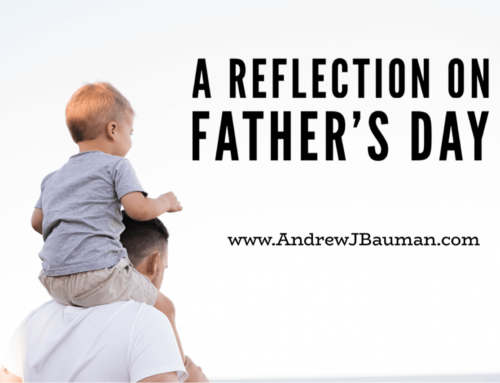*Trigger Warning: Depression, Sexuality and Abuse
It was the summer of ‘02, in my late teens, I was just coming out of my first full year of college after nearly flunking out; my life was crumbling all around me. A few weeks earlier, I had checked myself in and out of the psychiatric ward at the local hospital. I no longer wanted to live, and I was too scared to be alone for fear of what I might do. My Prozac dosage made me sufficiently numb, as I walked zombie-like, looking for life, for love, for hope—anything to give me purpose while numbing the pain of my past abuse. I wanted to come alive again, something to make me feel joy, love, or really anything that could make me human.
Sarah was a young married neighbor who had recently filed for divorce and moved back in with her parents. We met up, walked around the park, and chatted on the phone some; at least I didn’t feel as alone. I was more attracted to her younger sister, but she was in a serious relationship, and Sarah was giving me the attention that I so desperately craved. A couple of days later, Sarah told me her parents were gone and she invited me over. Part of me felt apprehensive, yet my loneliness felt more true than my unease.
As I look back at this story it’s difficult to express what I was feeling in my body—excitement that I knew I could get my emotional and sexual needs met from this woman. I knew she, like me, was vulnerable. I was more surprised by my dull sense of duty, a duty to the fact that feeling an orgasm could make me feel human again. If I could taste some sort of life, I would be okay for a little while longer, like a strategy of using someone else to survive.
I arrived at her house, and things moved quickly. What she didn’t know was that even though I had been very sexual in the past, I hadn’t actually had intercourse yet. It was part of that strange shame-based Christianity that I grew up in, which normalized my lust and encouraged me to devour women because it was “Every Man’s Battle,” yet demonized intercourse as dirty. It was okay to do the “Christian dry hump” thing and everything else as long as it wasn’t the dreaded intercourse. That was an unthinkable shame and completely off-limits. Up to this point in my life, I had complied, but I also had never been this numb, depressed, ambivalent, or this dangerous before.
As the evening progressed, Sarah eventually invited me into her parent’s bedroom, me feeling more and more ambivalent, both aroused and sufficiently deadened. I remember her saying, “Andrew, will you have sex with me?”
I said, “No, how about just being naked?” I had no understanding of the connection between sex and soul, that to have a healthy sexual life it must be in line with the feelings in our heart and body. I did not have any feelings toward this woman beside her being a somewhat distant friend, yet why am I here? I was choosing to betray my body.
Given my initial rejection of her offer for sex, she was not pleased. Again, she pleaded, “Please, please, Andrew.”
I reluctantly said “Okay.” “I don’t have a condom,” I uttered, again trying to find a way out.
She said, “No need because I am on birth control.” I kept trying to delay. I wanted to but I desperately didn’t want to, not like this. We had sex. I felt nothing, I could not orgasm. The combination of my antidepressants and the betrayal of my body and soul made reaching climax incredibly difficult. I just wanted to leave, the betrayal of my body and heart—part of me died that day.
It finally ended…
I returned to my paralysis as I walked home, alone, in the dark, and attempted to cry.
It wasn’t until graduate school, some 15 years later, while studying sexual abuse, that I finally had the courage to name this scene as abuse. Even writing it now, it is difficult to name. My self-contempt is quick. “But you were a consenting adult,” “a willing participant,” “you could have said no, again!” “Men don’t get sexually abused, they like it,” “a real man wants sex all the time;” the condemnations are always on the tip of my tongue. John 10:10 reminds me, “The Evil one comes to steal, kill, and destroy.” This story is one of many that has haunted me and that Evil uses to silence, condemn, and attempt to keep me small.
One way to know if a scene is sexually abusive, you must look at the power dynamic in the relationship. I must own my male privilege in this story which already gives me innate power in a relationship with a woman. Yet I also must tell the fullness and complex nuance of truth that since Sarah had been married and had much more experience than I in regards to “sexuality,” she had more power than I did in this particular scene. She was the initiator and aggressor, pushing my boundaries and comfort. Even though I do bear responsibility for much in this scene, whenever the power dynamic is skewed, all mutuality and consent are lost. Consent is an enthusiastic yes, not a hesitant yes, throughout the entire process.
Naming this encounter as “sexual abuse” helps me put the story in its proper place. It’s a big deal! If I continue to minimize the story, I allow Evil to “steal” what this story can give me, the kindness of grief that I must offer myself, and my broken, numb, young body. I must allow it to break my heart—to mourn and wail at the lost and lonely boy that I was, and continue to celebrate the good man that I am now and continuing to become.
I am worth grieving, I am worth celebrating.
And so are you…
If you are in need of resources in the area of sexual abuse and/or sexual assault please reach out:
Call: 800.656.HOPE
or
National Sexual Assault Hotline:
1-800-656-4673
